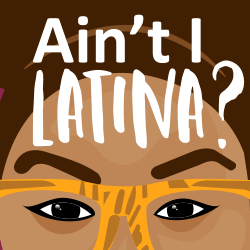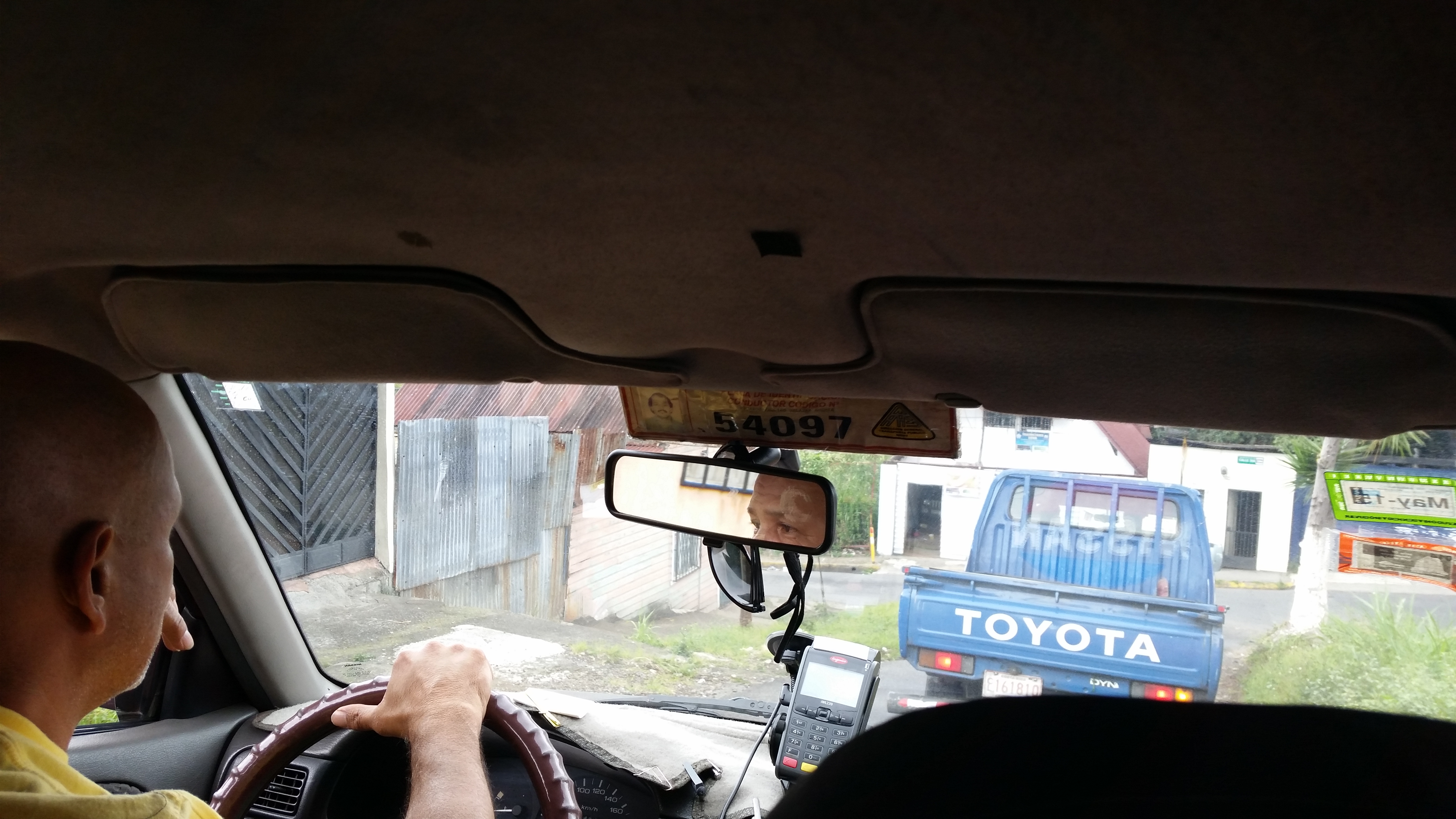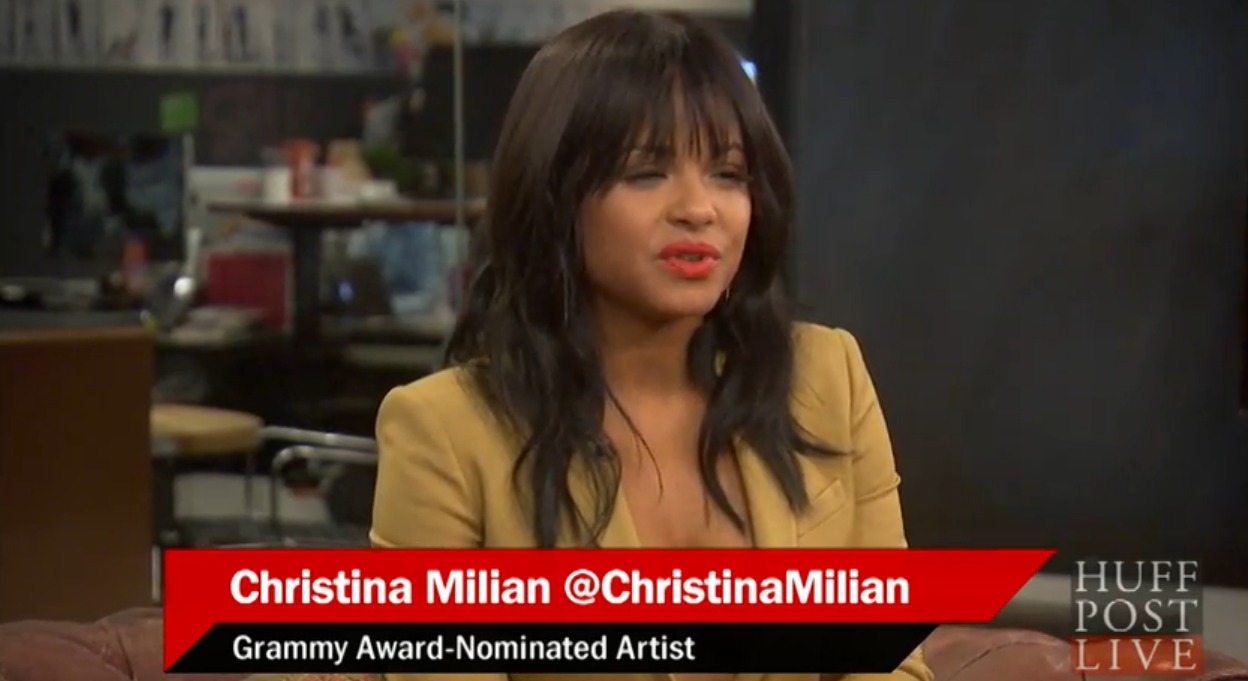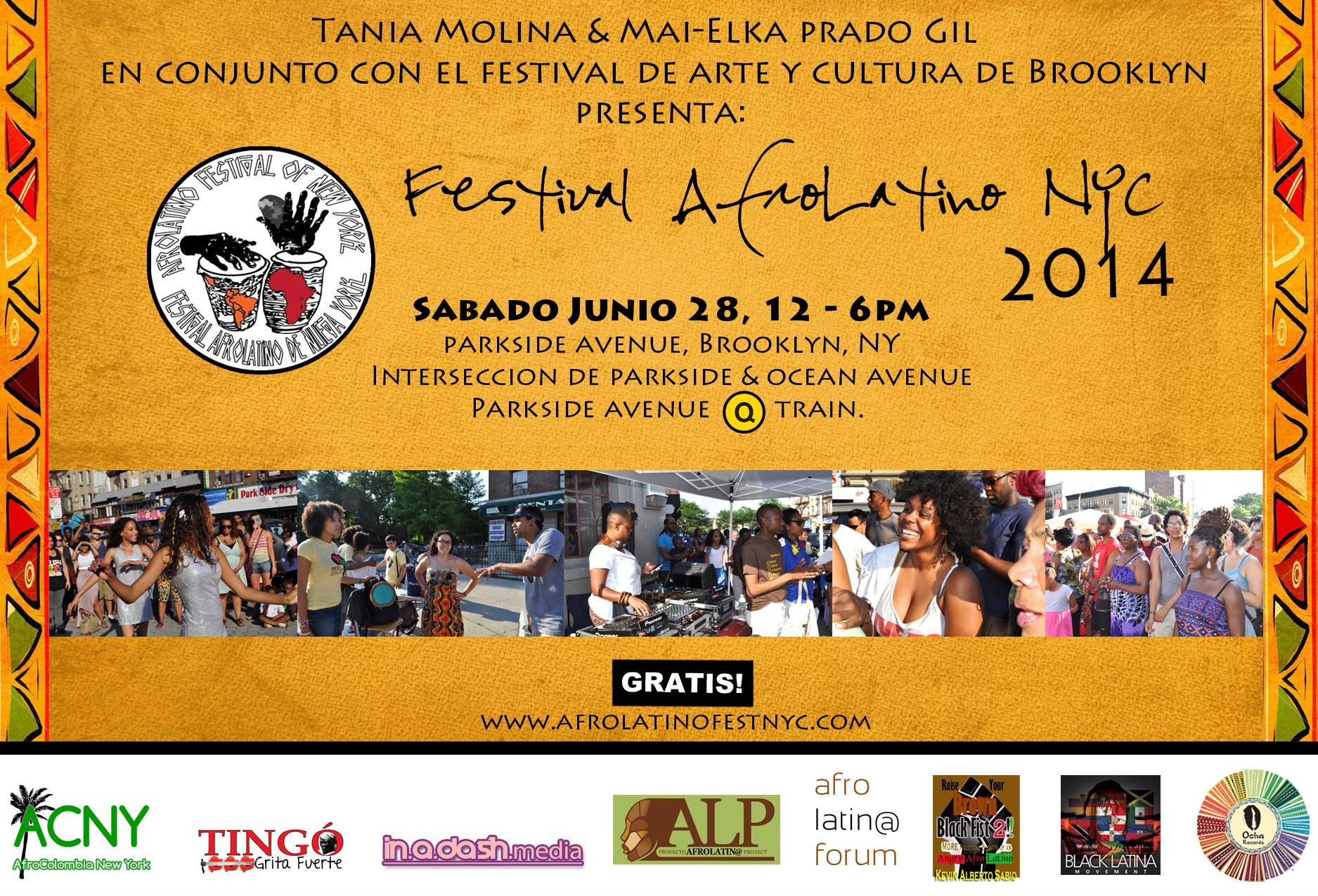The term “Afro-Latina” has been in existence for decades. But the word has reached new levels of visibility in recent years, making it a recognizable term. So, why isn’t it in the dictionary?
It’s a question posed by dominicana Melania-Luisa Marte, who started a petition to get it in the Merriam-Webster Dictionary. The request isn’t far fetched. In September, the term “Latinx” officially became part of the dictionary. Marte points out that while that is the case, Afro-Latina/o/x is not defined or even suggested when you search for it.
“Including the term ‘Afro-Latina’ in the dictionary is about creating visibility for those who have been erased from media for far too long,” she writes in the petition.
AintILatina.com caught up with the poet to discuss why she started the petition and what she hopes will come from the conversation its sparked.
The term Latinx was recently added to the Merriam-Webster dictionary, and identifiers like Latino/a, African American, African and Caribbean exist on Dictionary.com. For you, why do you feel it’s important that the term Afro-Latina be recognized as well?
I’ve identified as Afro-Latinx for many years and as I started educating myself more and more about my own identity and hold close the spaces that make me feel the most seen and represented, I couldn’t help but feel this slight erasure and upset over the lack of visibility for people that look like me and have similar cultures. The fact that Latinx was added to the dictionary before and not in addition to Afro-Latina to me felt like an act of erasure and reiterated this constant message that media has been going along with for centuries. That message being, that Afro-Latinx people are almost invisible and perhaps extinct. It inspired me to write a poem exploring those feelings and thoughts and I felt I needed to do more to really allow people to understand how this small micro-aggression can really impact the psyche of those living within those margins of constant invisibility. Although I applaud Latinx and those who reference it as a word helping to create more intersectionality within our communities, it does not do much for me if a huge part of my own identity does not feel represented in this term.
You’ve particularly addressed your petition to media outlets and companies like Univision, USA Today and Google. Why did you choose to direct this toward those companies? What role do you feel they play in this?
I chose these media outlets and companies because I felt that they are very much so complacent in the way my narrative as an Afro-Latina gets told. My iPhone replaces Afro-Latina with Afro-Latona and I’m not sure why but it does not consider Afro-Latina/o/x words and therefore tries to replace them. Some of the media outlets like Univision have had the resources and opportunity to start educating and being more inclusive in the diversity they show on their channel and yet have chosen to continue this ideology that Black people from Latin America and the Caribbean do not exist or are not worthy of being seen or their stories told from their own mouths.
How can people support you and the petition?
Sharing the petition and having honest conversations educating others and themselves on this topic is a great start. If you are someone who works in media, using your platforms and power to create more visibility is super important. Doing the work is really the only way to create change.
What do you hope will come from the petition?
I hope that this petition will inspire others to speak out on their experiences and not feel like they should continue to stay silent on the things that make them feel invisible or marginalized. Intersectionality and equality can only be reached when we stand up for ourselves and others and continue to uplift each other. We are not free until everyone of us is freed from the trappings of outdated systems that were meant to only benefit a small population of people and oppress others. It’s 2018 and some of the ideologies and customs created centuries ago still trickle down and continue to affect many of us. We have to continue to break the systemic cycles.
Have you signed Marte’s petition? You can find the petition here.
Photo taken by Jazmin Samora.




